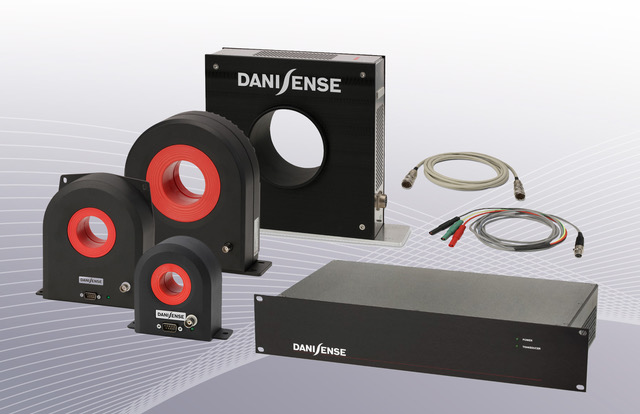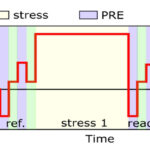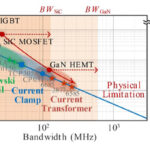 Danisense announces a range of current transducers with voltage output, designed to streamline the workflow for engineers utilizing data acquisition (DAQ) systems. These devices integrate the burden resistor directly into the current transducer, mitigating the risk of miscalculations. With a single datasheet, users can promptly commence precise and reliable current measurements in their specific applications.
Danisense announces a range of current transducers with voltage output, designed to streamline the workflow for engineers utilizing data acquisition (DAQ) systems. These devices integrate the burden resistor directly into the current transducer, mitigating the risk of miscalculations. With a single datasheet, users can promptly commence precise and reliable current measurements in their specific applications.
For data acquisition users usually employ a variety of instruments, extending beyond traditional oscilloscopes. These instruments often lack a direct current sensor. Consequently, when users require a precision current sensor, they must also use a burden resistor to facilitate the connection. However, this often poses a significant challenge: users need to align the specifications of the current sensor with those of the burden resistor. The complexity of these specifications leaves considerable room for error.
The DS, DM, and DL series current transducers with voltage output from Danisense offer users highly reliable and accurate options for precise measurements of AC and DC currents from 55A up to 3000A. The products are ideal for a wide range of applications, particularly in harsh environments and high-temperature settings such as e-mobility, solar, and wind energy sectors. The high-temperature range capability of Danisense’s current transducers is especially beneficial in these fields. They offer a 1V or 10V BNC voltage output connection, a large aperture (up to 68mm) and very low linearity errors. All products are housed in full aluminum casings for superior EMI shielding and incorporate Danisense’s Fluxgate technology. This closed-loop compensated technology with fixed excitation frequency and second harmonic zero flux detection ensures best-in-class accuracy and stability.
For high-power current sensing needs up to 11kA, the DR series products with voltage output are ideally suited. The transducer core is optimized for high immunity against external magnetic fields. Additional features include a very large aperture of up to 150mm, very low linearity errors, a 3-pin XLR mini connector for voltage output, and an advanced sensor protection circuit (ASPC).







Leave a Reply